CU9216/ Communication Systems Laboratory I (Odd Semester)
CU9228/ Communication Systems Laboratory II (Even Semester)
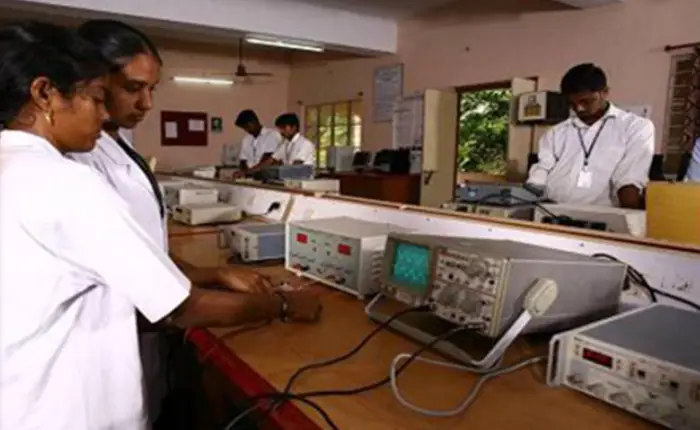
A two-year postgraduate degree in M.E. Communication Systems offers advanced courses in antenna, signal processing, and wireless, with six areas designated for professional electives taught by knowledgeable, experienced faculty members. The program aims to give students a thorough understanding and hands-on experience in communication systems. The curriculum boasts of an exclusive, well-equipped lab with cutting-edge computer and MATLAB capabilities that students can utilize both during and after regular school hours. The Department works hard to establish long-term connections with industries and successfully market the talents of the students. As a result, the students receive top-tier “Leads and Pathways” that open up a variety of “high potential” and “hi-tech” career opportunities.


To bring forth prosperity through modern electronic and communication Technology by imparting value-based education, innovation and become a world-class technical department.

M1–Technical Education and research: To impart technical education to face the challenges of the modern technology and research.
M2–Leadership quality: To provide research exposure through industry-institute interactions.
M3-Entrepreneurship: To inculcate the spirit of innovation and creativity among students to become entrepreneurs.
PSO1: Basic Knowledge in Communication Systems:
The graduates of the program would have a successful professional career in Communication Systems and related fields like MEMS and NEMS, Statistical Signal Processing, Real Time Embedded System, Advanced Wireless Networks, Advanced Wireless Communication, Optical Communication and Networks etc.
PSO2: Approaches Towards Continuing Education:
The graduates would have capability to learn and adapt to design and develop the needs of real time technologies and undergo various projects through researches and as entrepreneurs.
PSO3: Approaches Towards society:
The graduates would inherit right attitude to contribute as a technical
professional individually and interact with their peers in other disciplines in industry and society to meet social awareness and responsibility for the economic growth of the country.
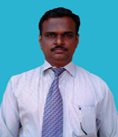
HOD for MECH
“To be a centre of excellence in the field of Mechanical Engineering where the best of teaching, learning and research synergize”
Welcome to the Department of Mechanical Engineering at Mailam Engineering College, the esteemed & the fastest growing college in Tamilnadu. As Chair of the Department, I take pride in the fact that our department has well qualified faculty and staff members who are available to the students fulltime. A well equipped state of the art laboratory helps the students to keep in pace with the racing technology.
The faculty members in addition to regular teaching are also busy in consultancy services to local industry and Govt. departments, organizing and participating national/international conferences, workshops and seminars, upgradation of laboratories (through college budget and grants from AICTE and other bodies).
The students of Mechanical Engineering have been recruited by renowned companies like Cooper busman, Sundram fasteners Ltd, TCS, Wipro, HCL etc. They have also brought laurels to the department by winning various competitions at national level co-curricular and extracurricular activities like paper presentations, projects, quizzes, sports etc.
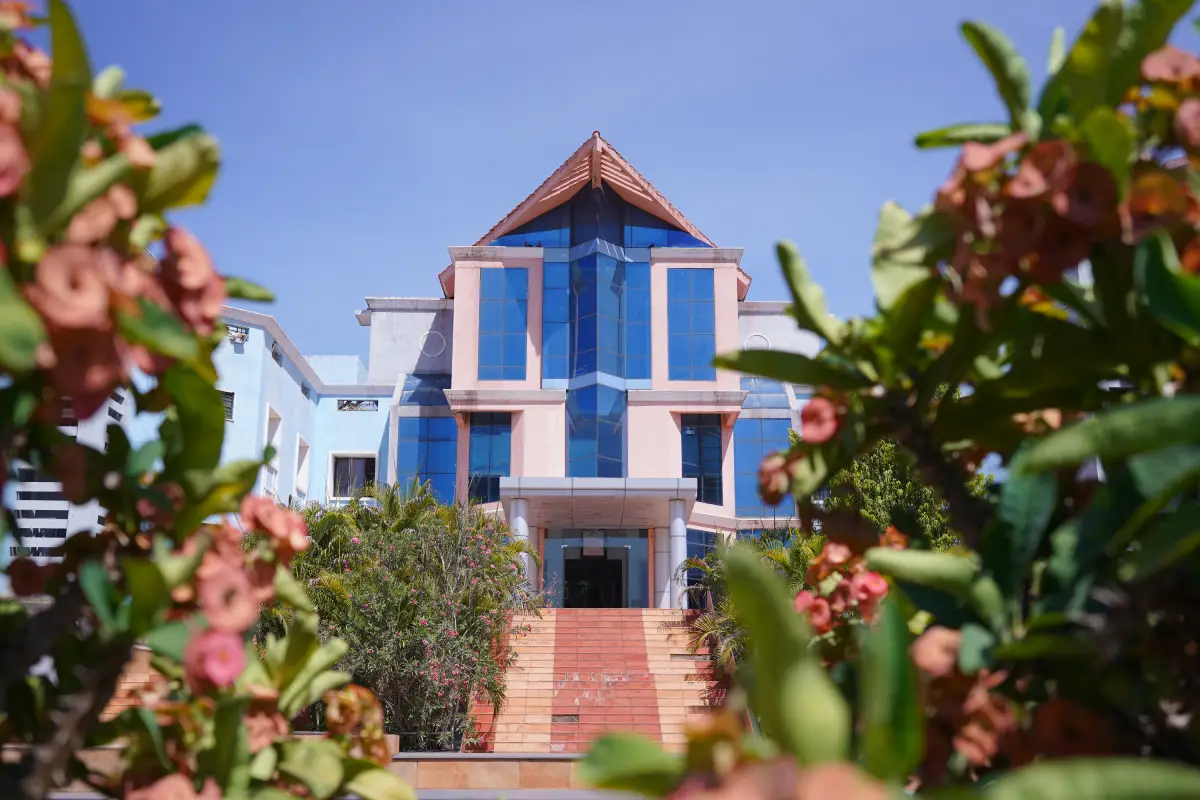
Create, select, and apply appropriate techniques, resources, and modern engineering and IT tools including prediction and modeling to mechanical engineering activities with an understanding of the limitations.
Apply reasoning informed by the contextual knowledge to assess societal, health, safety, legal and cultural issues and the consequent responsibilities relevant to mechanical engineering practice.
Understand the impact of the mechanical engineering solutions in societal and environmental contexts, and demonstrate the knowledge and need for sustainable development.
Apply ethical principles and commit to professional ethics and responsibilities and norms of the mechanical engineering practice.
Function affectively as an individual, and as a member or leader in diverse teams, and in multidisciplinary settings in mechanical engineering.
engineering activities with the engineering committee and with society at large, such as, being able to comprehend and write affective reports and design documentation, make effective presentations in mechanical engineering.
Recognize the need for, and the preparation and ability to engage in independent research and lifelong learning in the broadest contest of technological changes in mechanical engineering.
Inculcate leadership skills, team work, effective communication and lifelong learning to the success of their organization and nation
The Department of Mechanical Engineering takes a great pride in turning out successful technocrats who can tender their best service with boundless competence and untiring dynamism. The Department is proud to produce Anna University rank holders every year. Anna University verification committee has awarded third rank to the Department for the best infrastructure facilities available among 225 self-financing colleges for the year 2008. The faculty members and students are regularly engaged in presenting and publishing papers in National and International Journals and Conferences. Research works are being carried out in Thermal Engineering laboratory on ‘Utilization of Plastic Fuel in IC engines’ and ‘Pollution Control in Automobiles’. Also, consultancy works are being carried out in Strength of Materials Laboratory to the industries situated nearby the Institution. The Department regularly applies and receives fund from AICTE, DST and CSIR for projects and seminars. The mission of the Department is to promote academic excellence, widen intellectual horizon and inculcate high ideals for the overall personality development of the students and thereby enhance the image of Mechanical Engineers in the Society. Guest lectures and industrial visits are arranged regularly to students for up-gradation of knowledge on latest technologies available in the market on the thrust areas like Manufacturing, Design, Thermal, CAD, CAM, CIM, etc. The students are encouraged for all round excellence in all non-scholastic activities.
The Department of Mechanical Engineering offers a Post Graduate course on M.E (Engineering Design). The PG Program was started in the year 2004 with team of highly qualified, dedicated and motivated faculty members as well as with well equipped laboratories. The Department is privileged to produce a Gold Medal list in ME (Engineering Design) during the year 2012. The field of Engineering Design encompasses many exciting subjects such as Robotics, Finite Element Analysis, Advance Mechanism Design, Product Optimization, Integrated Manufacturing System, and Mechanical Vibration.
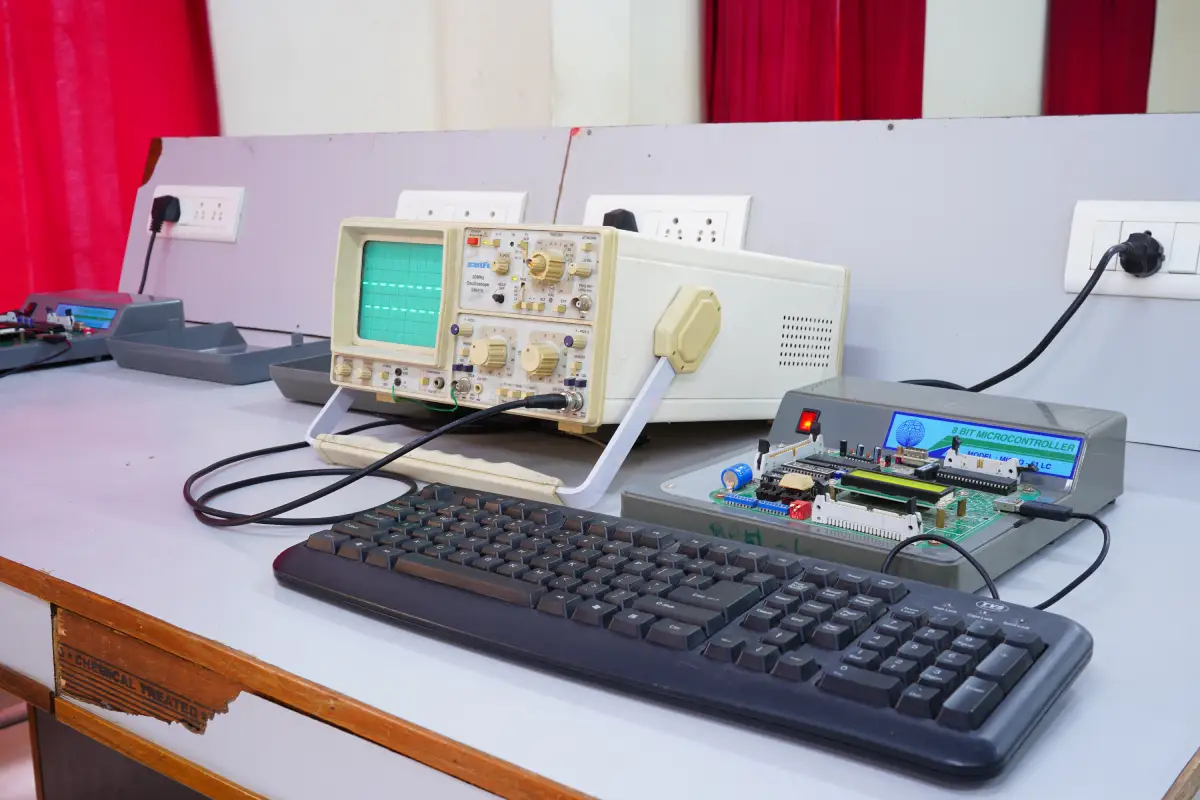
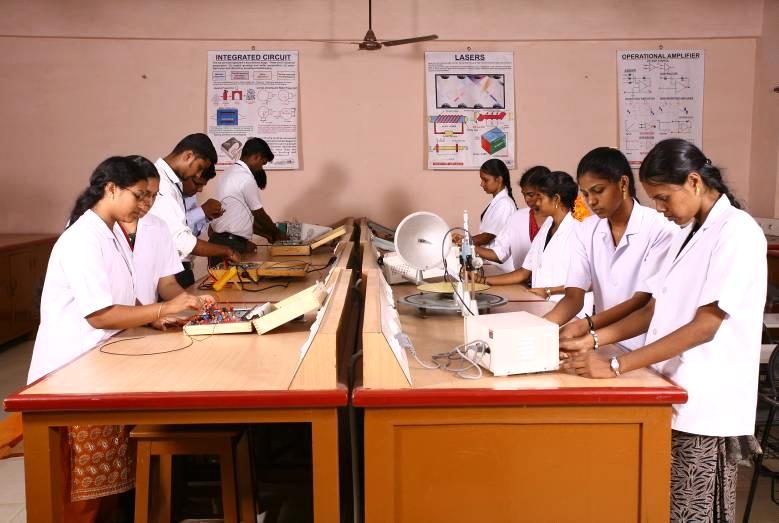
CU9216/ Communication Systems Laboratory I (Odd Semester)
CU9228/ Communication Systems Laboratory II (Even Semester)


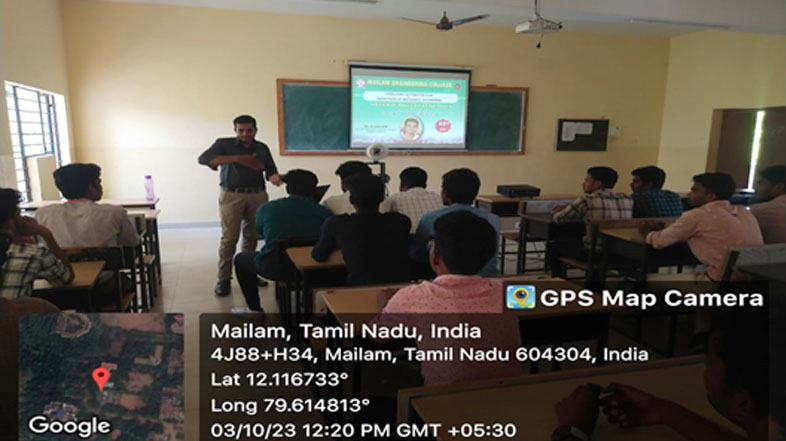
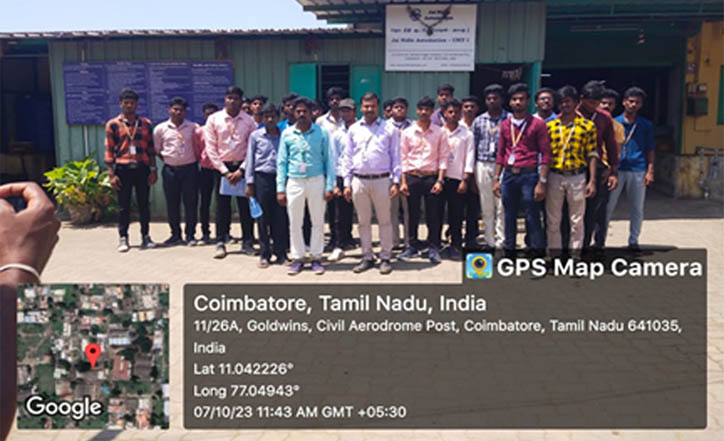
The Dr. S. Senthil, Principal, MEC honouring Dr.A.Gnanamoorthy, Assistant Professor, University College of Engineering Villupuram during the Internal Symposium
The Department of Mechanical Engineering organized a one-day Internal Symposium on 17 Mar 2016. The program was inaugurated by Dr.A.Gnanamoorthy, Assistant Professor, University College of Engineering (Villupuram campus). He delivered the inaugural address as well.
Research & Development
Our college management has sanctioned Rs.20,OOO for the R&D Division of Mechanical Engineering to teach automation for II Yr Mechanical Engineering students. This money is spent on procuring equipment such as PIR, Bluetooth, ultrasound sensor, Andeno Board, Breed Board, Bosh K.
Guest Lectures
Mr.Suseel Jai Krishnan, Asst. Prof., SA Engineering College, Chennai, gave a guest lecture on “Thermal Engineering” for II Yr students on 12 Apr 2016.
Mr.M.Subaramanian, Asso. Prof., Aditya Institute of Technology, Coimbatore gave a guest lecture on “Design of Transmission System” for III Yr students on 11 Apr 2016.
Dr.S.Suresh Kumar, Asso. Prof., SSN College of Engineering, Chennai, gave a guest lecture on “Finite ElementAnalysis” for III Yr students on 12 Apr 2016.
Staff Activities
Dr.R.Rajappan, Dean and HOD, published a paper titled “Mechanical Design and Development of Agricultural Robot’ in “Intemational Journal of Advancements in Mechanical and Aeronautical Engineering” Volume 2: Issue 1 -2015 (pg 94-97) : 23724153]
Dr.R. Rajappan, Dean and HOD, published a paper titled “Buckling Analysis in Uni Directional Glass Epoxy Laminated Plate” in “Journal of Chemical and Pharmaceutical Sciences” (special edition pg 247-255) [ISSN: 0974-2115]-2015
Dr.R. Rajappan, Dean and HOD, published a paper titled “Testing and Analysis of Kenaf Fibre Reinforced Polymer’ in “Joumal of Chemical and Pharmaceutical Sciences” Special Issue (pg.270-274) [ISSN: 09742115]-2015
Dr-R. Rajappan, Dean and HOD, published a paper titled “Performance and Emission Characteristics of Vaiable Compression ratio Direct Injection Diesel Engine using Tamanu oil” in “Journal of Chemical and Pharmaceutical Sciences” Special Issue 7: 2015 (pg 40-43) [ISSN: 0974-]
Dr.R. Rajappan, Dean and HOD, published a paper titled “Performance and Emission Characteristics of Variable Compression ratio Direct Injection Diesel Engine using Plastics oil” in “Journal of Chemical and Pharmaceutical Sciences” Special Issue 7: 2015 (pg 4447) [ISSN: 0974-
Dr-R. Rajappan, Dean and HOD, published a paper titled “Ionic liquids: A Green Solvent for the Biosynthesis of MgO Nano particles Using Banana Stem Plant Extract” in “Journal of Nano Engineering and Non Manufacturing” (Vol. 5, pp. 1 7, 2015) [ISSN: 2157-9326]
Mr.P.Saravanan, Asso. Prof., presented a paper titled “Performance Emission and Combustion Characteristics of Single Cylinder 4-Stroke LHR Engine using Plastic oil” in the 3″ International Conference on “Engineering Technology and Science” held at Muthayammal Engineering College, Rasipuram, during 18 – 19 Mar 2016.



| Sl.No. | NAME | DEGREE | BATCH | RANK |
|---|---|---|---|---|
| 1 | D.ABIRAMI | M.E – CS | 2018-2020 | 5 |
| Sl.No. | NAME | DEGREE | BATCH | RANK |
|---|---|---|---|---|
| 1 | S.SURIYA JOTHI (Gold Medal) | M.E – CS | 2016-2018 | 1 |
| 2 | P.KANAGALAKSHMI | M.E – CS | 2016-2018 | 2 |
| 3 | R.SANTHIYA | M.E – CS | 2016-2018 | 8 |
| 4 | C.ASHOKKUMAR | M.E – CS | 2016-2018 | 13 |
| 5 | S.SANDHIYA | M.E – CS | 2016-2018 | 16 |
| S.No. | NAME | DEGREE | BATCH | RANK |
|---|---|---|---|---|
| 1 | K.BHUVANESWARI | M.E – CS | 2015-2017 | 15 |
| 2 | K.PRABAVATHI | M.E – CS | 2015-2017 | 15 |
| 3 | N.SANJEEVINI | M.E – CS | 2015-2017 | 21 |
| 4 | G.ASWINI | M.E – CS | 2015-2017 | 27 |
| Sl.No. | NAME | DEGREE | BATCH | RANK |
|---|---|---|---|---|
| 1 | M.GUNAMOZHI | M.E – CS | 2014-2016 | 2 |
| 2 | P.PRIYADHARSHINI | M.E – CS | 2014-2016 | 8 |
| 3 | K.SOWMIYA | M.E – CS | 2014-2016 | 15 |
| 4 | R.VARALAKSHMI | M.E – CS | 2014-2016 | 21 |
| 5 | J.EZHIL MANI | M.E – CS | 2014-2016 | 32 |
| 6 | R.NIVEDHA | M.E – CS | 2014-2016 | 33 |
| Sl.No. | NAME | DEGREE | BATCH | RANK |
|---|---|---|---|---|
| 1 | K.BHAVANI | M.E – CS | 2013-2015 | 10 |
| 2 | S.DIVYA | M.E – CS | 2013-2015 | 25 |
| 3 | S.FATHIMABEE | M.E – CS | 2013-2015 | 31 |
| 4 | G.GAJALAKSHMI | M.E – CS | 2013-2015 | 40 |
| 5 | A.SATHYA | M.E – CS | 2013-2015 | 42 |
| 6 | S.DEVISARANYA | M.E – CS | 2013-2015 | 44 |
| Sl.No. | NAME | DEGREE | BATCH | RANK |
|---|---|---|---|---|
| 1 | V.P.VARALAKSHMI | M.E – CS | 2011-2013 | 16 |
| 2 | S.LAKSHMI | M.E – CS | 2011-2013 | 17 |
| 3 | K.ANPARASI | M.E – CS | 2011-2013 | 27 |
| 4 | G.BEN SERAPHIN | M.E – CS | 2011-2013 | 29 |
| 5 | K.MAHENDRAN | M.E – CS | 2011-2013 | 31 |
| S.No. | NAME | DEGREE | BATCH | RANK |
|---|---|---|---|---|
| 1 | R.ADHIRAI | M.E – CS | 2012-2014 | 13 |
| 2 | K.ARCHANA | M.E – CS | 2012-2014 | 15 |
| 3 | S.DIVYA | M.E – CS | 2012-2014 | 15 |
| 4 | K.GOWTHAMI | M.E – CS | 2012-2014 | 16 |
| 5 | R.VIJAYALAKSHMI | M.E – CS | 2012-2014 | 21 |
| 6 | R.NANCYDEVAKUMARI | M.E – CS | 2012-2014 | 26 |
| 7 | K.GOWTHAMI | M.E – CS | 2012-2014 | 39 |
Studying business at MEC is a great way to enhance your career. In today’s competitive environment, professionals need the skills to adapt to an ever-changing business world.
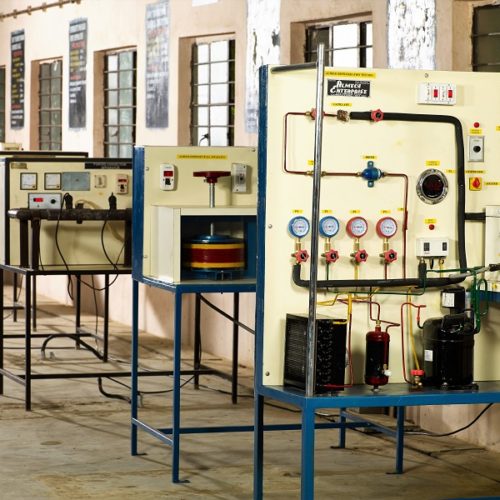
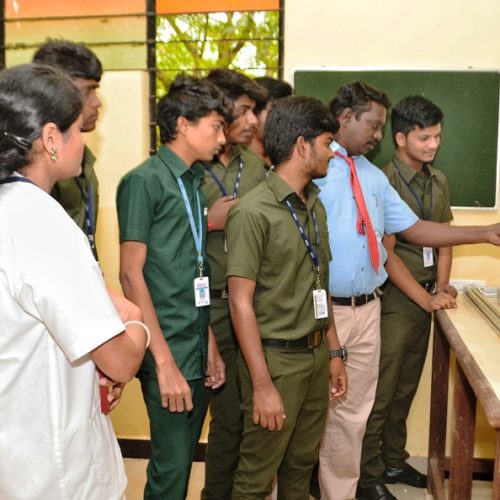
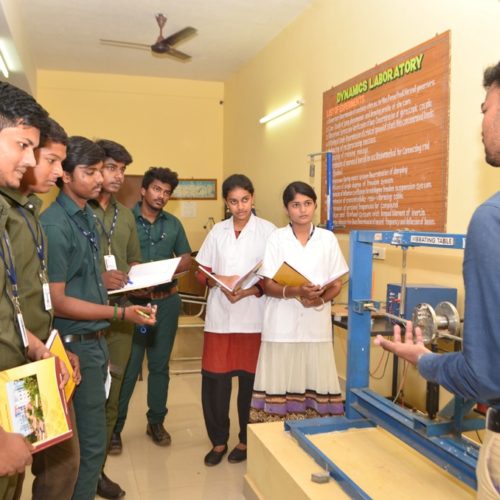
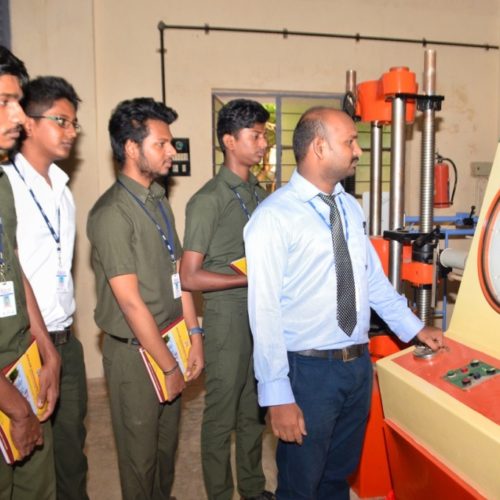
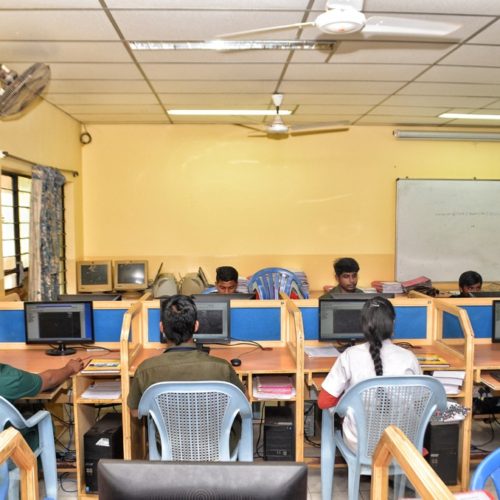
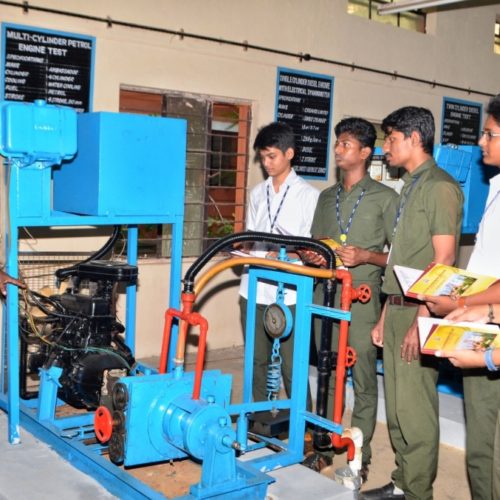
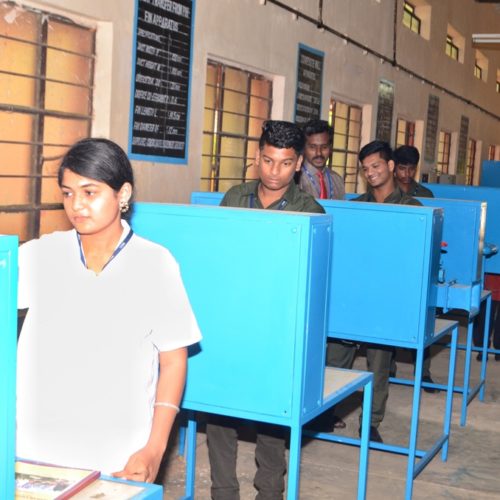
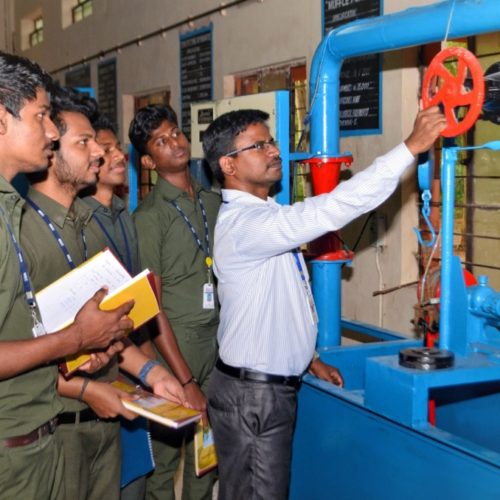
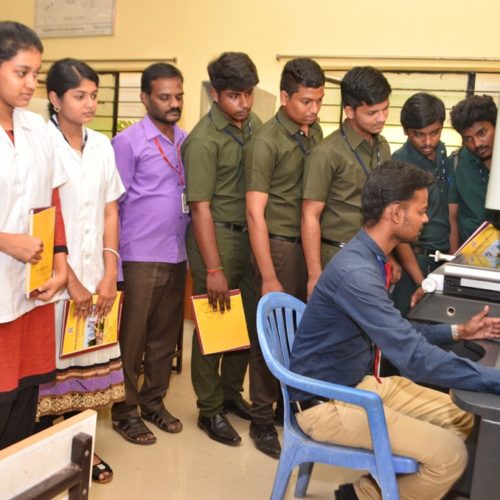

Mailam Engineering College is a self-financing institution that was established in 1998 in Villupuram district. The college is approved by AICTE, New Delhi and affiliated to the Anna University, Chennai. It offers eight undergraduate courses and six postgraduate courses.
Under Graduate Programs:
Post Graduate Programs:
Copyright © 2024. All rights reserved.
WhatsApp us